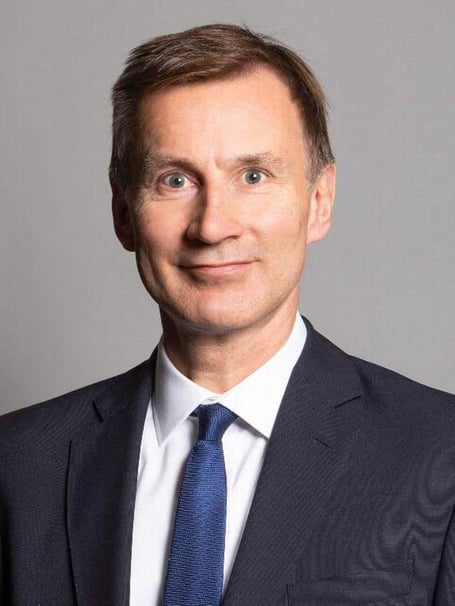WHEN the usually-optimistic and boosterish Boris gives his verdict on COP26 as just six out of ten, should we be disappointed?
For sure, there are many things Glasgow did not solve. The goal of keeping temperature rises to 1.5 degrees is not dead - but it is hardly in good shape either.
As the prime minister of Fiji said: "The 1.5-degree target leaves Glasgow battered, bruised, but alive."
It is of existential importance to island states like Fiji, Samoa and Tonga to hold rises below 1.5 degrees - and while it is good news that we could now hold the rise below two degrees, do we really want to celebrate an outcome that may still mean the loss of all the coral in the oceans?
But I am not pessimistic. When I was foreign secretary I learned a great deal from Dr Henry Kissinger, who described diplomacy as the ’quiet accumulation of partial victories.’
Often you settle for less than you wanted but more than would otherwise have been achieved - and in the process build trust, consensus and momentum around a direction of travel.
There were plenty of Kissinger’s partial victories at Glasgow. Since Britain took over hosting COP, the number of countries committed to net zero has risen from 30 per cent to 90 per cent.
We have a landmark agreement on deforestation which includes Brazil. Even China and India, two of the world’s biggest emitters, agreed to ’phase down’ coal use - not good enough for sure, but a significant step forward as it ends the foreign financing of new coal-fired plants.
One hundred and twenty world leaders came together - two-thirds of those in the United Nations - and have agreed to come back with more concrete plans in just a year.
In politics sometimes you have to change people’s hearts and minds before you see things change on the ground.
When it comes to climate change, this has now started to happen even in the cold-hearted and transactional world of international diplomacy.
Our own Alok Sharma earned enormous respect for his patient, unshowy determination to get the right outcome - and his refusal to overspin the results achieved.
Britain has done more than any other leading country to move to net zero. Alongside the United States, our scientists have done more than those from any other country in helping to understand the science of climate change.
In Glasgow we have shown our willingness to use our diplomatic skills to persuade others to do the same. But there is much more for us to do: not just pushing for global agreements to deliver 1.5 degrees in the next year, but also constructing the international accords that will make it possible to get there.
One of those needs to make sure the prices consumers pay reflects the environmental impact of the product they buy - whether it is manufactured in the UK using renewable energy or somewhere else that does not.
But the biggest thing we can do is much more simple, namely to show by the power of our example that it is possible to have a prosperous and successful economy which is environmentally sustainable.
And that is something we can do here in Waverley too - by eliminating pollution from the centre of Farnham, protecting Godalming from floods and making sure Haslemere has a sustainable water supply, among many other local initiatives. In other words, thinking global but acting local.





Comments
This article has no comments yet. Be the first to leave a comment.